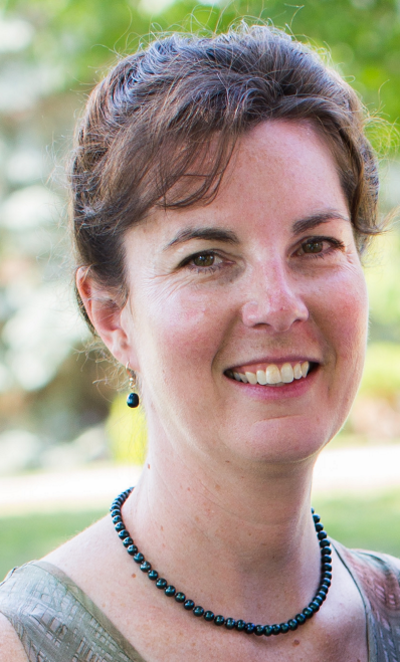
Manuscripting English medical knowledge in the early age of print
Lori Jones
Award: 2018 Post-Doctoral Fellow
My postdoctoral research focuses on how individuals, and especially medical practitioners, adapted and personalised printed medical treatises by copying these often long (and sometimes learned) texts into manuscript in the sixteenth to eighteenth centuries. To understand the production and use of medical knowledge in the early modern era, we must consider manuscripts and printed texts as interconnected forms of publication whose boundaries were fluid rather than fixed, and early modern medical knowledge production and use as a multi-directional process. The repeated copying and adaptation of medical texts of all types (treatises, recipes, regimens, textbooks, etc.) in manuscript form was commonplace before the printing press. With the invention of the printing press in the mid-fifteenth century, printers and stationers then created medical ‘bestsellers’ by adapting popular classical and medieval texts to the new format of print, but medical practitioners and laypersons alike also made handwritten copies of works that circulated in print. More than simply adding marginal commentary to a text, or nuancing it with local dialects, spelling, or words — common practice in medieval manuscripts — the creation of a full manuscript copy of a previously printed treatise allowed copyists to sometimes radically rework these texts by revising the contents to fit their personal worldviews.

